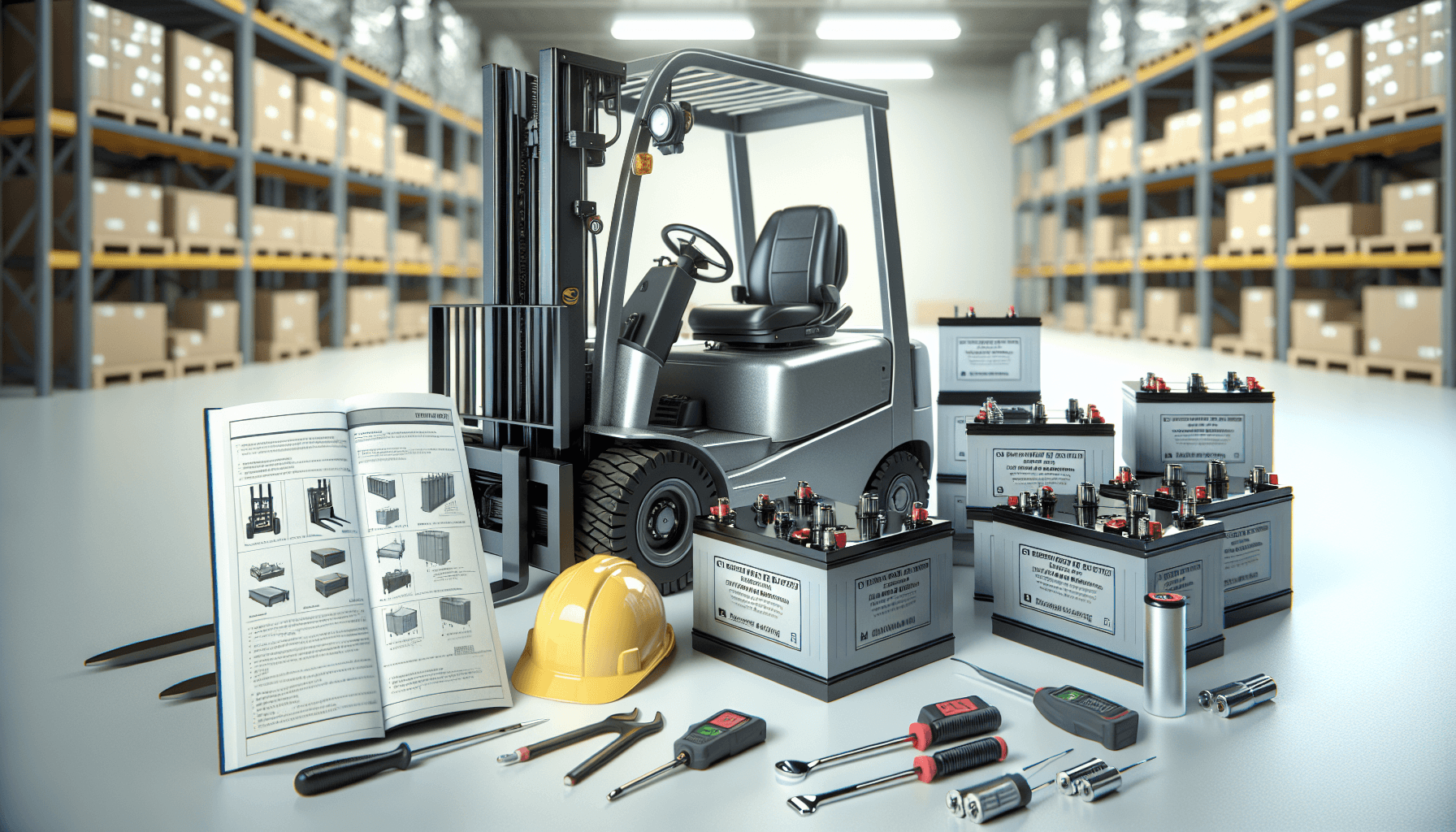In the world of warehouse operations, forklifts play a crucial role in ensuring efficient movement and transportation of goods. These powerful machines are powered by batteries, and choosing the right forklift battery is essential for maintaining productivity and reducing downtime. In this article, we will discuss the factors to consider when selecting the right forklift battery for your needs.
1. Battery Capacity
One of the most important factors to consider when choosing a forklift battery is its capacity. The capacity of a battery refers to its ability to store and deliver electrical energy. It is typically measured in ampere-hours (Ah) and determines how long the battery can power the forklift before it needs to be recharged.
The battery capacity you need will depend on the specific requirements of your warehouse operations. Factors such as the size of your facility, the number of shifts worked, and the intensity of forklift use should be taken into account. A larger facility with multiple shifts and heavy usage will require a higher battery capacity to ensure continuous operation without frequent recharging.
It is always a good idea to consult with a reputable forklift battery provider, like HCO Innovations, to assess your specific needs and recommend the right battery capacity for your operations. With their expertise and knowledge in warehouse optimization solutions, HCO Innovations can help you make an informed decision.
2. Battery Chemistry
Another important consideration when choosing a forklift battery is the battery chemistry. Forklift batteries are available in different chemistries, including lead-acid and lithium-ion.
Lead-acid batteries are the most common and widely used type of forklift batteries. They are relatively affordable and have a long lifespan when properly maintained. Lead-acid batteries require adequate ventilation, regular watering, and periodic equalizing charges to ensure optimal performance.
On the other hand, lithium-ion batteries are a more advanced option. They offer several advantages over lead-acid batteries, including faster charging times, longer lifespan, and maintenance-free operation. Lithium-ion batteries are also more energy-efficient, which can result in lower energy costs over time. However, they tend to be more expensive upfront.
The choice between lead-acid and lithium-ion batteries will depend on your specific requirements and budget. Consulting with a knowledgeable provider, like HCO Innovations, can help you understand the pros and cons of each battery chemistry and make an informed decision that aligns with your needs.
3. Battery Maintenance
Proper maintenance is crucial for prolonging the lifespan and maximizing the performance of your forklift battery. When choosing a forklift battery, consider the maintenance requirements and whether your facility has the necessary resources and infrastructure to meet those requirements.
Lead-acid batteries require regular watering, equalizing charges, and proper ventilation to prevent overheating. It is essential to have trained staff who can handle battery maintenance tasks and ensure compliance with safety guidelines.
Lithium-ion batteries, on the other hand, require minimal maintenance. They do not require watering or equalizing charges and have built-in safety features to prevent overcharging and overheating. However, they require specialized charging equipment to ensure proper charging and avoid damage to the battery.
By considering the maintenance requirements of different battery types, you can choose a battery that aligns with the available resources and capabilities of your facility.
4. Supplier Expertise
When choosing a forklift battery, it is crucial to partner with a reputable supplier who has expertise in warehouse optimization solutions. A knowledgeable supplier, like HCO Innovations, can provide valuable guidance and assistance throughout the battery selection process.
HCO Innovations specializes in warehouse optimization solutions and can help you choose the right forklift battery for your needs. With their extensive experience and deep understanding of battery technologies, they can recommend the most suitable battery capacity, chemistry, and maintenance requirements for your specific operations.
Furthermore, working with a trusted supplier ensures access to quality batteries that meet industry standards and regulations. This helps to reduce the risk of equipment failure and downtime, ultimately improving the efficiency and productivity of your warehouse operations.
In conclusion, choosing the right forklift battery is essential for optimizing safety, productivity, efficiency, and cost-effectiveness within warehouse operations. Considering factors such as battery capacity, chemistry, maintenance requirements, and partnering with a knowledgeable supplier like HCO Innovations will ensure that you make an informed decision and select a battery that meets your specific needs. Remember, a well-chosen forklift battery is the key to maximizing the performance of your warehouse operations.

